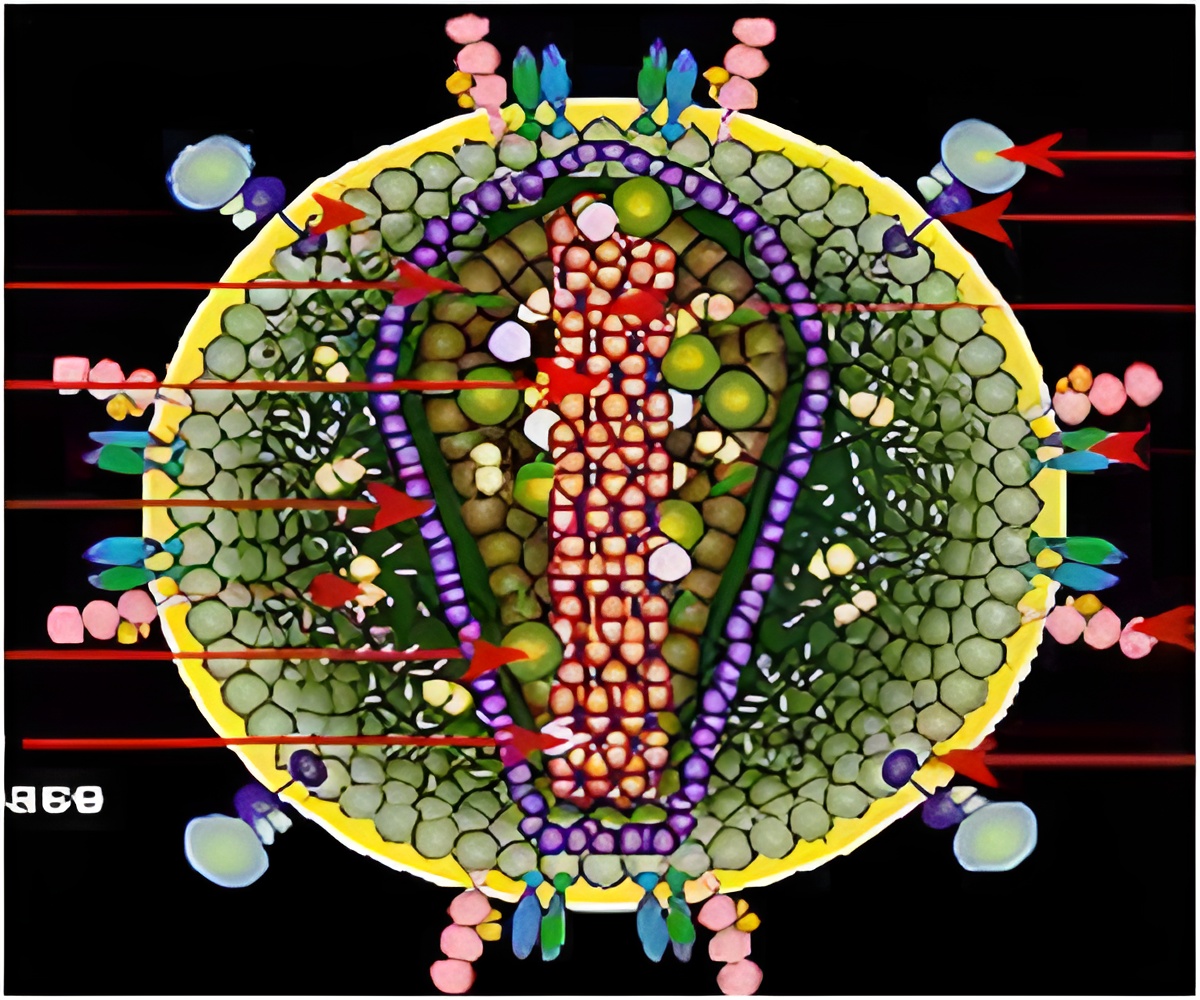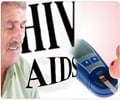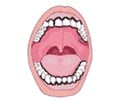Somewhere in sub-Saharan Africa, this month, the one millionth baby will be born without HIV to a mother who suffers from the disease, thanks in large part to a decade-old US aid program.

Mother-to-baby transmission has long been a source of concern among governments and organizations working to control the spread of HIV.
But more effective anti-retroviral drugs and regimens are now dramatically cutting the chances of an infected mother passing on the disease to her baby during pregnancy or breast-feeding.
The millionth baby born HIV-free was Tuesday to be trumpeted as part of celebrations to mark the 10th anniversary of the US President's Emergency Plan for AIDS Relief, known by its acronym PEPFAR.
The biggest fall in transmission rates from mom to infant has come since 2009, US Global AIDS coordinator Eric Goosby told AFP.
"Somewhere round 430,000 babies are born annually with HIV and this project that we've been in really since the beginning of PEPFAR and has intensified over the last three years in partnership with UNAID and UNICEF," Goosby said.
Advertisement
This involves not just identifying the mother, but getting her on a drugs program and keeping her in treatment through that pregnancy and any later pregnancies -- not always an easy task in rural Africa.
Advertisement
US Secretary of State John Kerry, hosting Tuesday's ceremony, was also to announce that some 13 countries, from Botswana to Zimbabwe, were close to that all important "tipping point."
In Ethiopia and Malawi the ratio of new HIV infections to the increase of patients on treatment is just 0.3. The figures are startling.
Ethiopia -- which with a population of 84.7 million is the most populous African country after Egypt -- for instance registered only 11,000 new cases of HIV in adults in 2011.
Source-AFP















